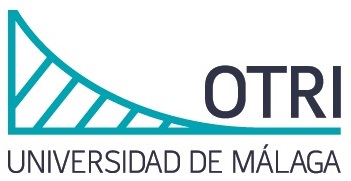STRUCTURAL DESIGN OF INORGANIC MATERIALS FQM113
Description
This group is focused on the design and characterization of inorganic materials such as ion/electronic conductors, cements and metal organo-frameworks (MOFs) hybrid materials based on metal phosphonates. Furthermore, in the last years arquaeometric studies on ancient ceramics and gems have also been carried out. These research lines require the use of multiple techniques such as laboratory X-ray, synchrotron X-ray and neutron diffraction (Rietveld quantitative phase analysis, ab initio structural determination or Rietveld structural analyses), impedance spectroscopy at different environments (from 10-30 to 0.21 atm O2, N2, H2, etc), shaping and rheology, solid NMR, XPS, scanning and transmission electron microscopy.
Research Topics
- Solid electrolytes and electrodes for protonic and solid oxide fuell cells.
- Metal organic framework hybrid materials (MOFs) based on phosphates and phosphonates.
- Process optimization in cement manufacture.
- Eco-cements: belite calcium sulfoaluminate, calcium aluminate, etc. Valorisation of waste materials.
- Photocatalytic materials for the degradation of pollutants: tiles, mortars, membranes....
- Archaeometric studies in ancient ceramics and gems.
Scientific-Technical Services
- Advanced characterization of materials (mineralogical, quantitative phase, structural determination and microstructural analysis).
- New applications of mortar and natural stone.
- Rheological characterization of ceramic suspensions and cement pastes. Quantitative mineralogical analysis of cements.
- Shaping of ceramic materials through colloidal processing (bulks, tapes and coatings) for different applications.
- Electric characterization by AC and DC techniques: ionic conductivity at different environments, ion blocking, transport number measurements, coulombimetric titrations and Faradaic efficiency.
Key areas
environment materialsContact
Main Researcher: AURELIO CABEZA DIAZ
PAI Reference: FQM113

 Visit Website
Visit Website Contact
Contact PDF File
PDF File See Contact Details
See Contact Details


















